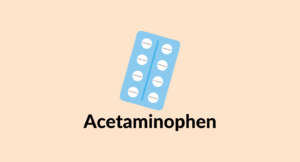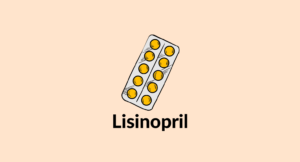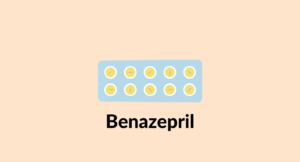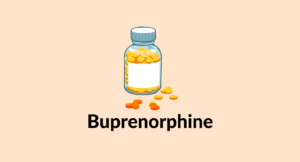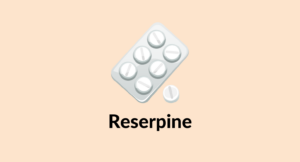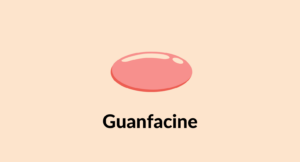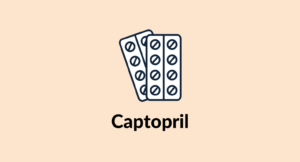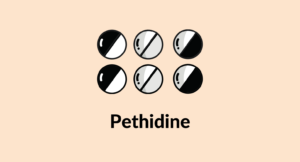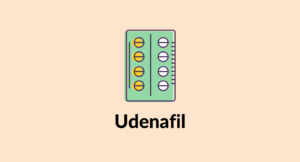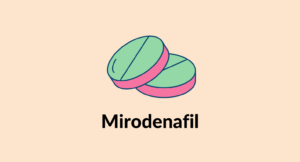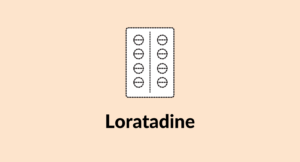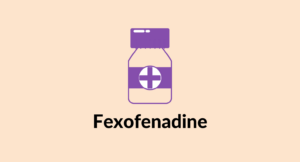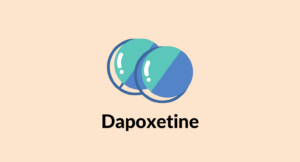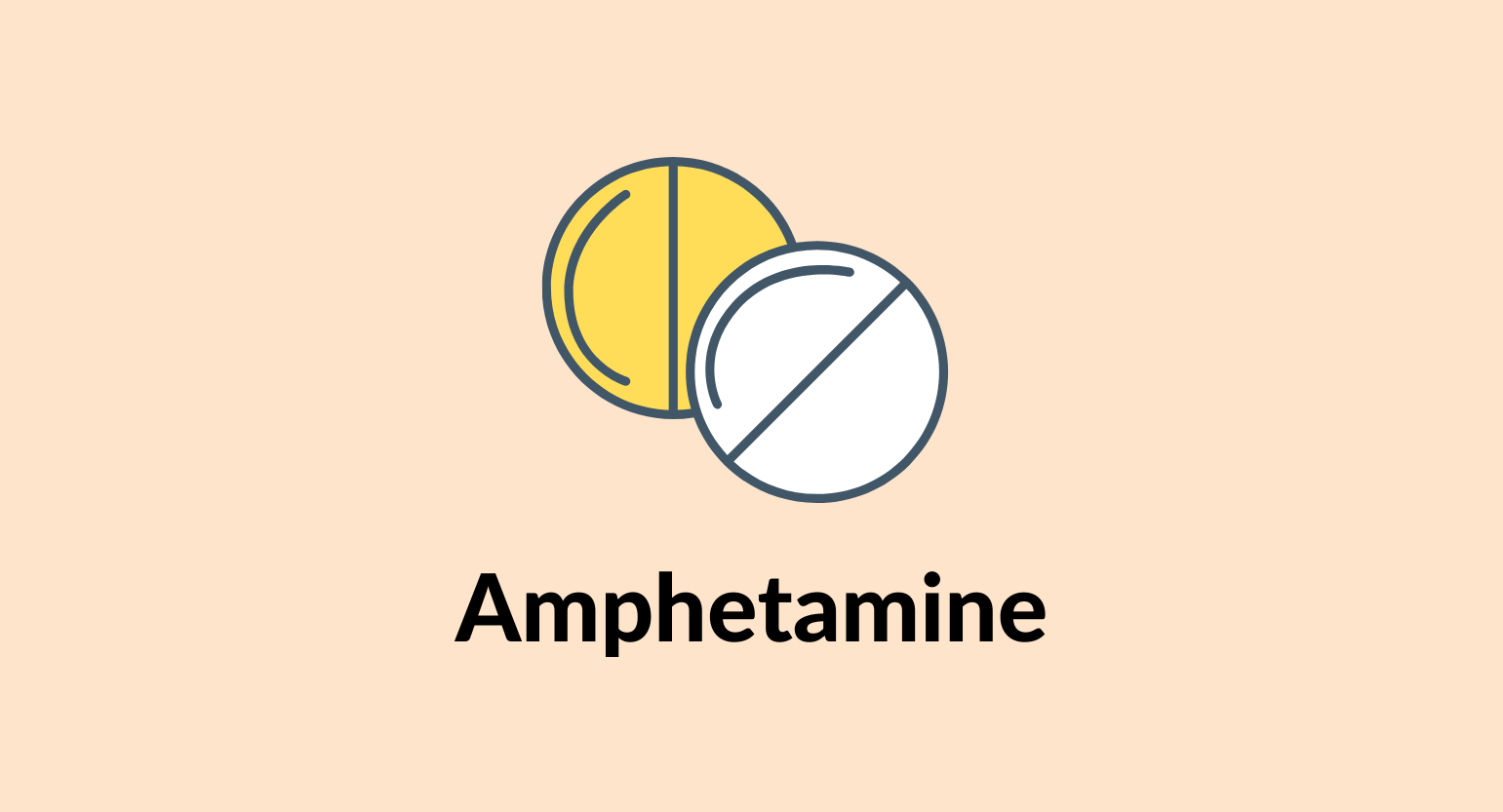
Does CBD Interact With Amphetamine (Adderall)?
CBD has antipsychotic and anxiolytic properties, whereas amphetamine is a psychostimulant.
If CBD (cannabidiol) is taken with psychostimulant drugs like amphetamine (Adderall), they could (theoretically) block each other’s effects.
CBD may modify or even counteract the effects of amphetamine, but to what extreme? Are they safe to use together?
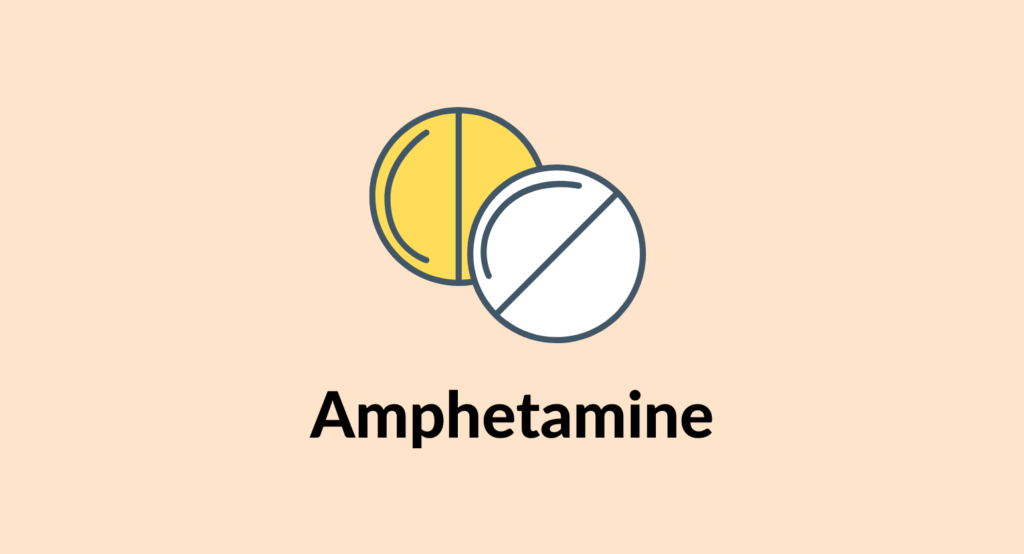
Does CBD Interact With Amphetamine (Adderall)?
CBD may decrease the effects of amphetamine (Adderall) and may slow down its metabolism [1,2].
Although few human studies have evaluated the interactions between CBD and amphetamines, some animal studies suggest that CBD may alter the effects of amphetamine while also attenuating the unwanted long-term side effects associated with its use [3].
1. CBD May Decrease The Effects of Amphetamine (Antagonistic Interaction)
CBD may interact with amphetamine (Adderall) by decreasing its effects, possibly negating its benefits, causing increased symptoms of the condition being treated.
The severity of this interaction is considered mild and unlikely to cause significant side effects.
In some cases, this effect could be viewed as a positive, as many of the effects of amphetamines CBD inhibits are considered side effects of using the medication (such as insomnia, anxiety, paranoia, and addiction).
With that said, CBD could make amphetamines ineffective for treating ADHD, which would negate the entire point of using the medication in the first place.
How This Interaction Works
The cannabinoid receptors CB1 and CB2 are distributed throughout the body in areas like the brain, organs, connective tissue, endocrine glands, and the immune system.
CBD acts through these receptors as a negative allosteric modulator. CBD also modulates neural circuits such as the dopaminergic mesocorticolimbic system, which is involved in addiction and drug-seeking behaviors [3].
Amphetamine (Adderall), on the other hand, is a psychostimulant drug. It increases the excitatory neurotransmitters — dopamine and norepinephrine — and causes wakefulness, euphoria, increased libido, and a better attention span.
CBD may induce molecular modifications in the dopaminergic pathways via a secondary response mechanism to its effects on the endocannabinoid system. This modification, in turn, may attenuate the effects of amphetamine, which chiefly exerts its effects through the neurotransmitter dopamine.
2. CBD May Cause Slower Elimination (Metabolic Competition)
CBD may also interfere with the metabolism of amphetamine (Adderall).
Most medications, as well as CBD, are metabolized by the liver before they’re eliminated from the body. CBD competes for the same enzymes involved with metabolizing amphetamines, which can cause the processing of both substances to become slower. This may lead to elevations in both CBD and amphetamines in the bloodstream with repeated use.
How This Interaction Works
CYP2D6 is a major liver enzyme involved in the metabolism of both CBD and amphetamine. CBD acts as a competitive inhibitor of the enzyme CYP2D6 leading to decreased metabolism of the amphetamine and increased concentration of the drug in the body [4].
This mechanism is relevant when amphetamine is taken in high doses with CBD. It may cause increased heart rate, arrhythmia, confusion, agitation, tremors, and muscle pain.
Other Names for Amphetamine
Amphetamine is sold under many names, all of which share the same risk and potential interactions.
The most common brand name amphetamine is sold under is Adderall — which is made by Teva Pharmaceuticals.
Other names for amphetamine include:
- Adderall
- Mydayis
- Dyanavel XR
- Adzenys XR-ODT
- Evekeo
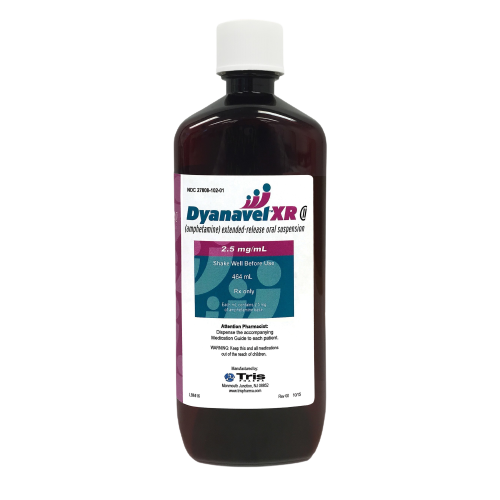
Similar Medications: CBD & Amphetamine (Adderall)
Amphetamine (Adderall) is classified as a nervous system stimulant. CBD and stimulants all share the same risk for interaction and side effects.
Here’s a list of similar medications that share a similar level of risk when combined with CBD:
- Lisdexamfetamine Dimesylate (Vyvanse)
- Dextroamphetamine Sulfate (Zenzedi & Dexedrine)
- Methylphenidate (Ritalin)
- Atomoxetine (Strattera)
- Modafinil (Provigil & Nuvigil)
- MDMA (3,4-Methylenedioxymethamphetamine)
Is It Safe to Take CBD & Amphetamine (Adderall) Together?
CBD and amphetamine (Adderall) are generally safe at a low therapeutic dose but can be hazardous when used in high doses for recreational use (not recommended). It could also become dangerous over time if both substances are taken together on a regular basis.
You should, however, always consult your doctor if you’re on any medication before adding any other drug — even a natural one — to avoid possible interactions.
Is CBD a Viable Alternative to Amphetamine (Adderall)?
A few clinical trials show evidence of some benefits of using CBD for ADHD and its comorbidities, but the improvements were not significant enough for CBD to be an alternative to amphetamine [5].
These substances share very little in common and are not suitable as alternatives for one another.
What Is Amphetamine (Adderall)?
Amphetamine (Adderall) is a central nervous system (CNS) stimulant that increases the release of excitatory neurotransmitters dopamine and norepinephrine from the presynaptic terminals.
Amphetamine is prescribed for ADHD and increases attention span and focus, and helps control behavior problems. It may also help with organization and listening skills. It’s illegal to use amphetamine for recreational purposes.
Amphetamine is available in three forms:
- Oral tablets
- Extended-release orally disintegrating tablets
- Extended-release oral liquid
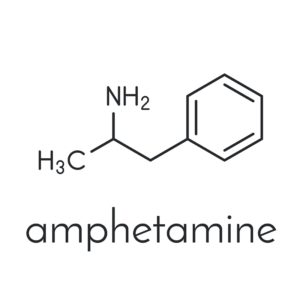
Amphetamine specs:
| Drug Name | Amphetamine |
| Trade Name | Adzenys XR-ODT, Dyanavel XR, Evekeo |
| Classification | CNS Stimulants |
| CYP Metabolism | Liver by enzyme CYP2D6 |
| Interaction With CBD | Antagonistic & Metabolic Competition |
| Risk Of Interaction | Mild |
What Does Amphetamine (Adderall) Do?
Amphetamine (Adderall) exerts its stimulatory effects by increasing the release of dopamine and norepinephrine, and to a lesser extent, increases serotonin.
Amphetamine enters the presynaptic axon terminal by diffusion or uptake by the monoamine transporters DAT, NET, and SERT [6]. It displaces other stored neurotransmitters through vesicular monoamine transporter 2 (VMAT2) into the cytoplasm. From the cytoplasm, neurotransmitters are transported to the synaptic cleft by a retro-transport process resulting in the release of the stored neurotransmitters.
Another mechanism of amphetamine is by inhibiting the enzyme monoamine oxidase (MAO), which is the chief enzyme responsible for the breakdown of neurotransmitters.
These mechanisms lead to increased neuronal transmission and hence stimulation.
What Are the Side Effects of Amphetamine (Adderall)?
Amphetamine (Adderall) has its benefits as well as side effects. The main factor that determines the severity of side effects is the dosage.
Some of the common side effects of amphetamine are:
- Sweating
- Palpitation
- Chest pain
- Shortness of breath
- Increased body temperature
- Abdominal pain
- Constipation or diarrhea
- Loss of appetite
- Dry mouth
- Insomnia
- Difficulty in urination
- Prolonged erection
- Mood swings
- Agitation
- Restlessness
- Psychosis
- Addiction
When to Avoid Amphetamines (Adderall)?
Amphetamines (Adderall) can be beneficial but should be avoided in certain circumstances. Anyone with the following conditions should not use it.
- Hypersensitivity to amphetamines or their derivatives
- Cardiovascular disease
- Hypertension
- Hyperthyroidism
- Glaucoma
- History of certain psychiatric disorders like bipolar disorder and motor or verbal tics
- Recent use of MAO Inhibitors
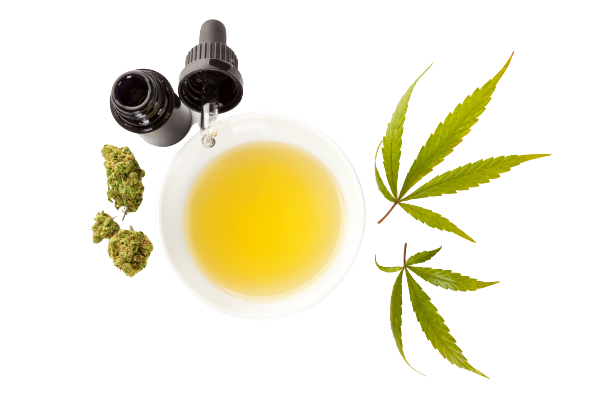
Key Takeaways: Is It Safe to Take Amphetamines With CBD?
Amphetamine (Adderall) is available with a doctor’s prescription to treat ADHD and narcolepsy. Its use for any other purpose is illegal.
It is usually safe to take CBD with amphetamine within the therapeutic dose; however, it’s always best to talk to your doctor. Some animal studies have suggested that CBD may attenuate unwanted side effects of amphetamine, such as drug dependence or relapse.
References
- Daldegan-Bueno, D., Maia, L. O., Glass, M., Jutras-Aswad, D., & Fischer, B. (2021). Co-exposure of cannabinoids with amphetamines and biological, behavioral and health outcomes: a scoping review of animal and human studies. Psychopharmacology, 1-20.
- Renard, J., Loureiro, M., Rosen, L. G., Zunder, J., de Oliveira, C., Schmid, S., … & Laviolette, S. R. (2016). Cannabidiol counteracts amphetamine-induced neuronal and behavioral sensitization of the mesolimbic dopamine pathway through a novel mTOR/p70S6 kinase signaling pathway. Journal of Neuroscience, 36(18), 5160-5169.
- Metz, V. G., da Rosa, J. L. O., Rossato, D. R., Milanesi, L. H., Burger, M. E., & Pase, C. S. (2021). Cannabidiol prevents amphetamine relapse and modulates D1-and D2-receptor levels in mesocorticolimbic brain areas of rats. European Neuropsychopharmacology, 50, 23-33.
- Yamaori, S., Okamoto, Y., Yamamoto, I., & Watanabe, K. (2011). Cannabidiol, a major phytocannabinoid, as a potent atypical inhibitor for CYP2D6. Drug Metabolism and Disposition, 39(11), 2049-2056.
- Ayyash, H. F., Ogundele, M., Cartas, B. C., & Dahabra, M. (2020). G632 Effectiveness of Cannabidiol oil in the management of ADHD and its comorbidities: Review of the evidence. Archives of Disease in Childhood, 105(Suppl 1), A228-A228.
- Sitte, H. H., & Freissmuth, M. (2015). Amphetamines, new psychoactive drugs, and the monoamine transporter cycle. Trends in pharmacological sciences, 36(1), 41-50.
Signup to our newsletter
Be the first to know about our newest arrivals and special offers!
